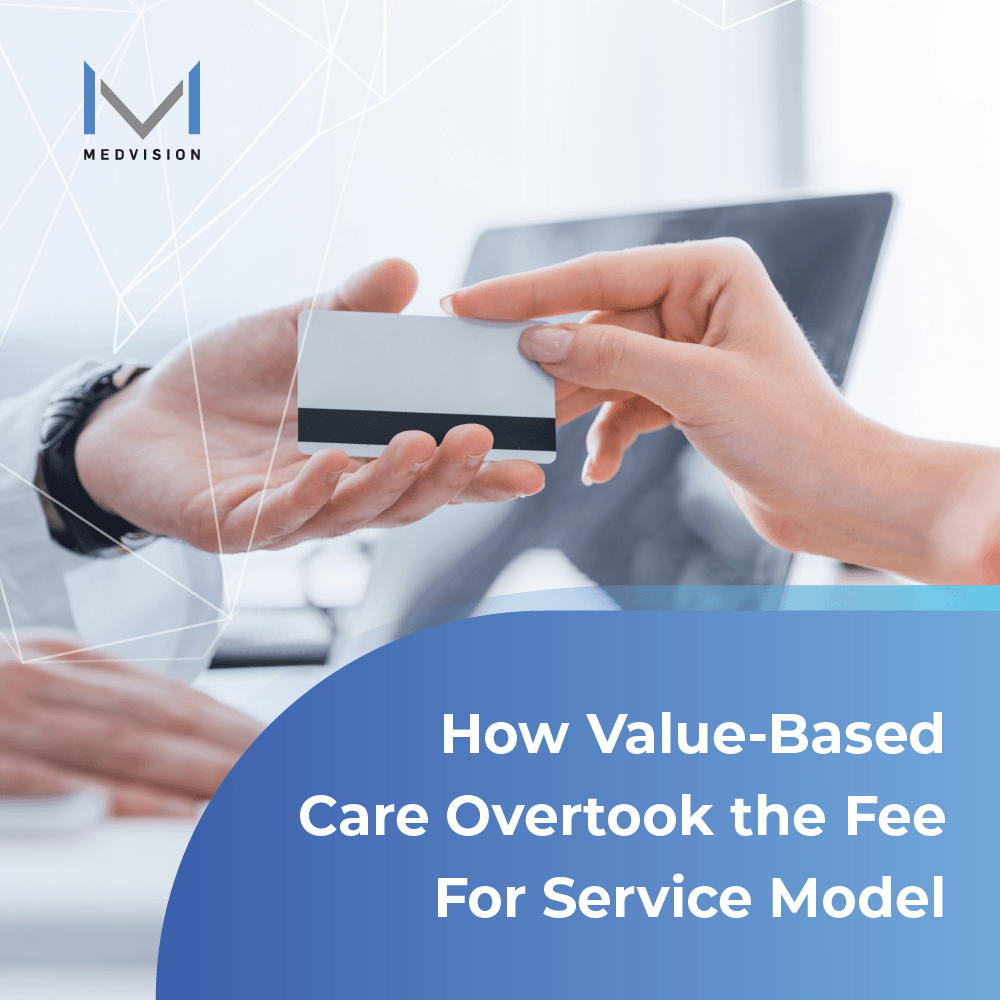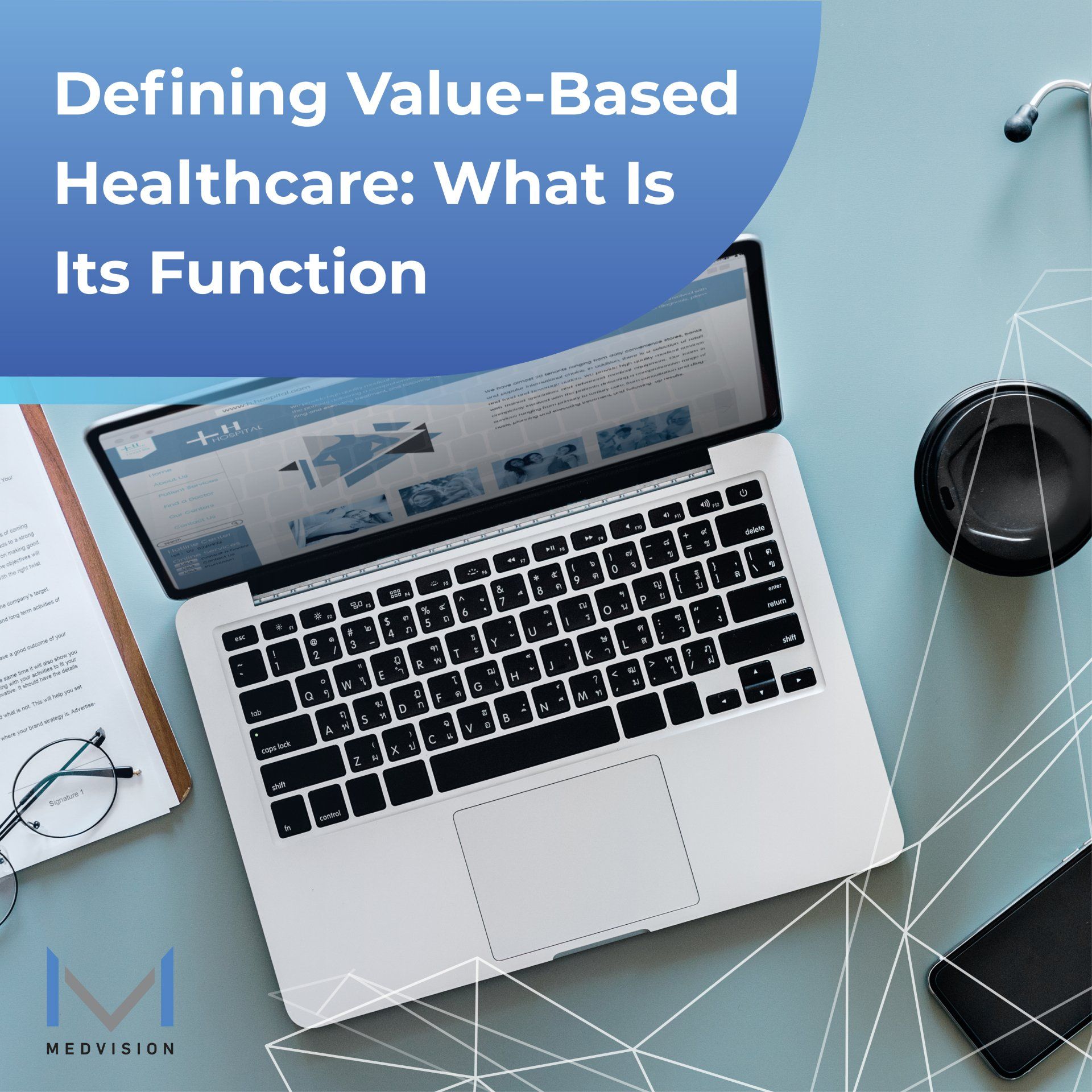Highlighting the Importance of a Great Value-Based Care
Value-based care is a basic and dynamic concept of enhancing better care for patients. Its fundamental cores are mostly based on overall wellness, quality of care, and preemptive screening and treatment. As such, a value-based care model contributes a great deal to improving the healthcare outcomes and reducing its general costs.
Understanding How Value-Based Care Models Work
Value-based care is a healthcare delivery model where healthcare providers such as physicians, clinics, and hospitals receive compensation based on the health outcomes or treatment of the patient. Under these agreements, providers are paid for directly helping patients improve their health, dramatically reduce any risks and incidence of chronic disease, and help them live healthier lives backed with all the necessary clinical evidence.
It is different from a fee-for-service (FFS) model. In an FFS model, healthcare providers are compensated according to the amount of healthcare services they were able to deliver. The actual “value” in value-based healthcare comes from determining the health outcomes against the total cost of the rendered healthcare services.

Realizing the Barriers of the Latest Clinical Developments
Like any other progressive move, transitioning into the value-based care model means addressing certain barriers. These barriers may, in some cases, affect how the model can be best applied and taken into effect. Say for example, the issue on modernizing the system and practice workflows. It is a proven fact that each healthcare provider uses an independent system to manage and keep track of all their records. With the integration of a value-based care model, they may have to upgrade the current schemes they use in their operation.
It’s a good thing, however, that along with these clinical upgrades comes the continued developments in technology and software management. This best helps the providers in addressing and overcoming any barriers that the healthcare system may encounter in the long run.
Across-The-Board Benefits of a Great Value-Based Care Model
What’s good about this type of healthcare model is that it does not exclusively aim to serve and benefit the patients, or only the healthcare provider. It provides a more equal and working model which are equitably beneficial for the patients, healthcare providers, payers, suppliers, and the entire society alike. With the objective to standardize healthcare processes by means of best practices, it collectively benefits all the stakeholders in the scheme without compromising the health of the general welfare.
Lower Costs, Better Outcomes
This holds true for both the patient and healthcare providers. The value-based care model targets on helping patients get better from any injuries and illnesses speedily and prevent any chronic disease. For that reason, they face fewer visits to the doctor, lesser medical procedures, and spend less money on medication as their health improves. Instead of charging them for every test or service, payments are already bundled, saving the patient more from expenditures.
Higher Patient Satisfaction
Providers, on the other hand, gain higher satisfaction ratings and are significantly able to develop a more efficient system of providing care. They are also not afraid of facing any financial risk since they still stand to receive premiums under this care model. They receive payments based on the patient's health outcomes, and not on the numbers of tests and services they provide. Patient engagement measures and quality care remarkably increase when the focus is on value-based care instead of outcomes in volume.
Economically Advantageous for Providers
Suppliers of medical equipment and products also greatly benefit from the value-based care model. Under this financial management concept, they have the equal opportunity to align and reduce the costs of their services and products with positive patient outcomes. The model also calls for most healthcare manufacturers to economically align and tie the prices according to its actual value to patients.
Equal Benefit for Wider Health Population
As for the society in general, this could mean that many people needing medical care and assistance get the chance to be treated and attended to at a much lower cost. As such, it benefits the entire society as it promotes the general health and welfare of the population. An unprecedented achievement where everyone wins in a single healthcare model.

Efficiently Enhancing Value-Based Care for Providers
Along with the promising development in the healthcare industry, healthcare providers are expected to address any barriers that the new developments may bring. They are anticipated to lead the way and contribute to the said medical evolution. While providing better and quality healthcare is of the top priority, it is also wise that providers take the game a notch higher by ensuring that their
systems could work well with any new developments.
These barriers can best be addressed with the help of QuickCap v7.0 (QC7), an intelligent healthcare management application that provides better experience in line with the full implementation of a great value-based care model. Do away with the traditional and complicated scheme of managing claims, referrals, contracts, payment processing and authorizations, and many more. Increase the efficiency and productivity of your organization and effectively reduce your administrative costs with the best healthcare software.
Modernize your workflow processes now!
References:
- CMS’ Value-Based Programs | CMS. “CMS’ Value-Based Programs | CMS.” www.cms.gov, March 31, 2022. https://www.cms.gov/Medicare/Quality-Initiatives-Patient-Assessment-Instruments/Value-Based-Programs/Value-Based-Programs.
- Teisberg, Elizabeth, Scott Wallace, and Sarah O’Hara. “Defining and Implementing Value-Based Health Care: A Strategic Framework - PMC.” PubMed Central (PMC). www.ncbi.nlm.nih.gov, December 10, 2019. https://www.ncbi.nlm.nih.gov/pmc/articles/PMC7185050/.
Explore Related Blogs
Recently published articles
Keep in touch
Subscribe to get the latest update
Trending topics
Share your insights on social media
Upcoming events and company news


















